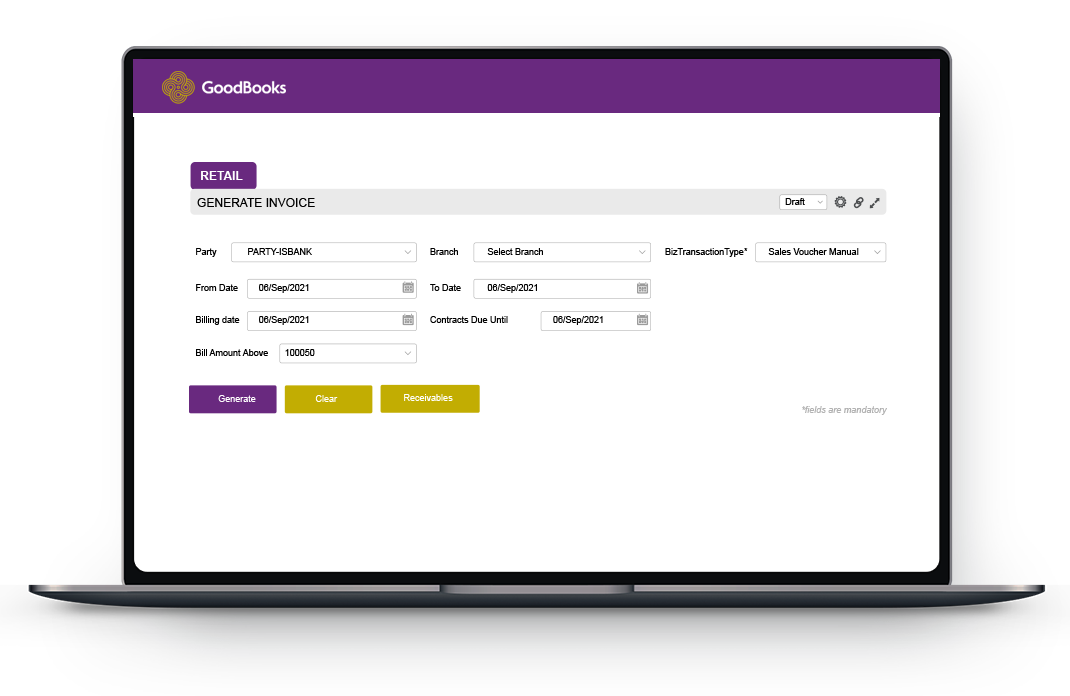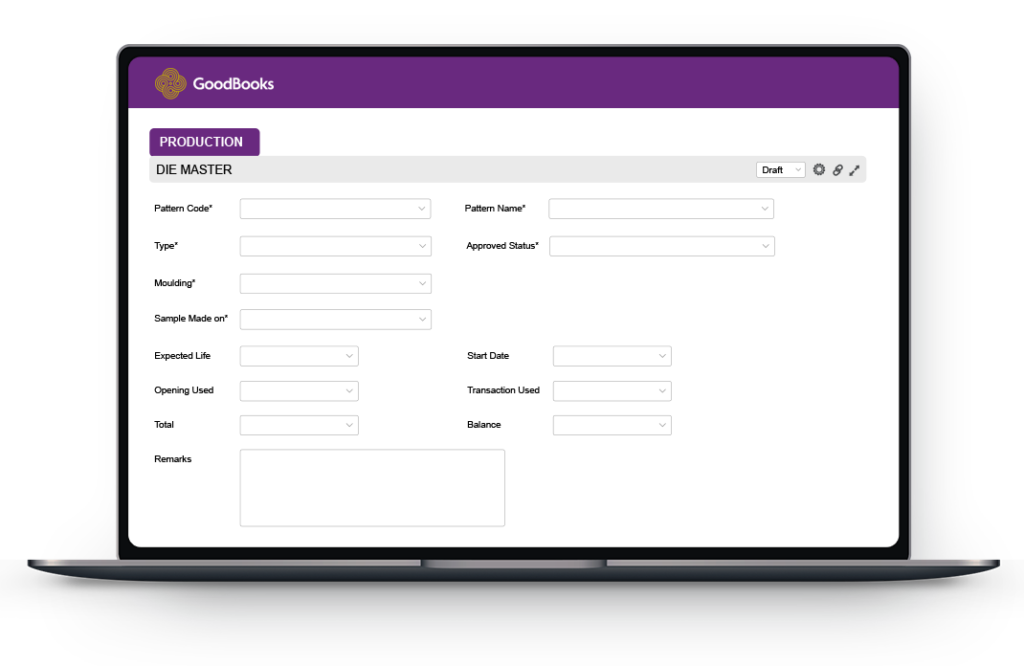ERP Software for Trading and Distribution
The Trading and Distribution industry operates on intricate networks of supply chains, sales channels, and financial transactions. ERP, with its integrated approach to business management, becomes a crucial tool in streamlining operations. GoodBooks ERP stands out as a leading solution, providing a comprehensive suite of tools designed to address the unique challenges of the Trading and Distribution sector.


